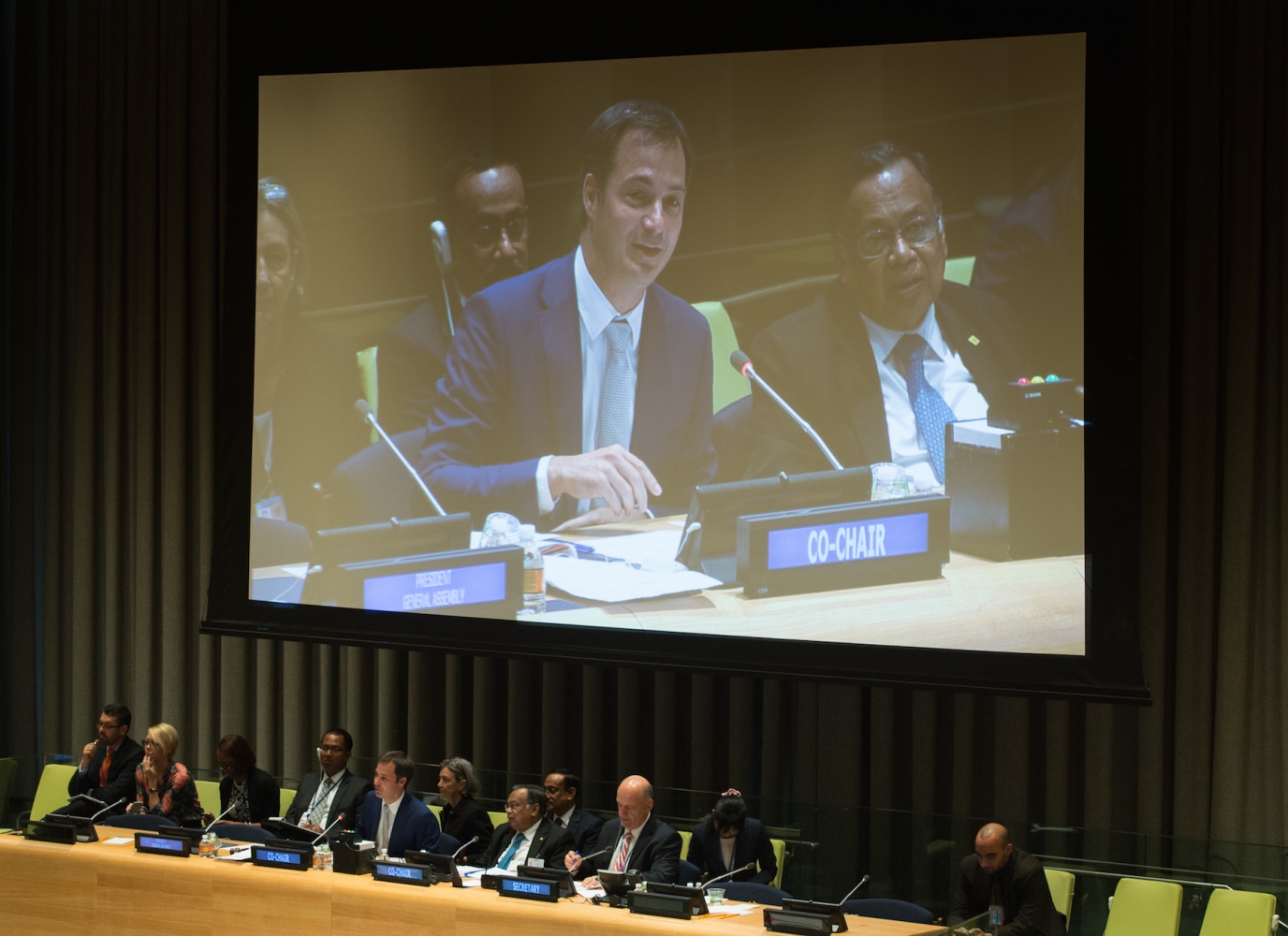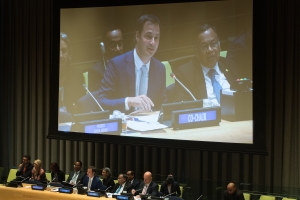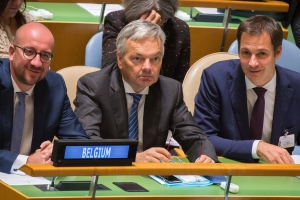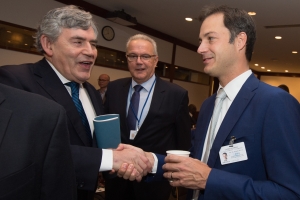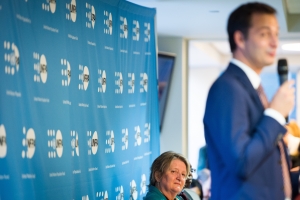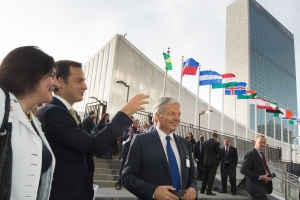SDG’s interpret a new international development vision

The United Nations will be launching the Sustainable Development Goals (SDG’s) in New York this weekend, which serve to eradicate extreme poverty and protect the climate. “The new sustainable development goals include a development vision which is today’s vision, whereby economic growth is a key lever for development”, Deputy Prime Minister and Minister of Development Cooperation Alexander De Croo stated.
The new programme is the successor to the millennium goals, which the world leaders created in 2000. These led to a variety of different results. The spectacular economic growth in countries like China, India and Brazil has lifted around 800 million people out of extreme poverty during the past fifteen years, but black Africa has unfortunately remained exactly where it was.
Focussed on economic growth
"The method is completely different. The millennium goals were very prescriptive, too focussed on a vision of providing assistance and insufficiently committed to a vision of strengthening and empowering people. This time an open, inclusive process was adopted and the programme includes a development vision which is today’s vision, one which is focussed on economic growth”, analyses De Croo, who has also identified many similarities with his own policy statement.
The programme consists of seventeen sustainable development goals in all manner of different domains: from the expansion of access to healthcare and education to the combating of inequality and climate change, to the promotion of industrial innovation and digitisation. However, the main focus is on ensuring the remaining one billion people, who have to survive on less than 1.25 dollars per day, are raised up to a higher development level.
Belgium repeatedly emphasised the importance of working together with the least developed countries during the preparatory negotiations. De Croo, who is attending the UN Summit together with Prime Minister Charles Michel, Minister of Foreign Affairs Didier Reynders and Minister for Sustainable Development Marie-Christine Marghem, argues that the donor countries should be focussing at least half of their official development aid on these countries.
Private Sector Input
The World Bank has calculated that the economies of the poorest countries need to grow by seven percent each year in order to achieve the sustainable development goals. Official development aid will therefore be far from sufficient. This is why De Croo feels there is also a need for improved tax collection and a higher input from the private sector. In this specific area, the rollout of mobile networks in Africa is one of the hopeful and promising elements, as indicated by the Open VLD Deputy Prime Minister.
The UN Member States must release an annual report regarding the efforts made in relation to achieving the seventeen goals and 169 sub goals. This also applies to Belgium and other rich countries. After all, certain goals like halving traffic fatalities, energy savings or combating youth unemployment are definitely also relevant to our country.

